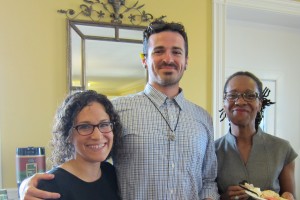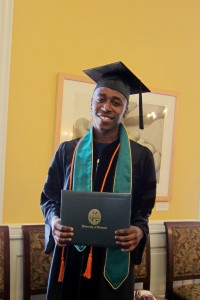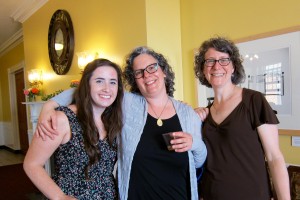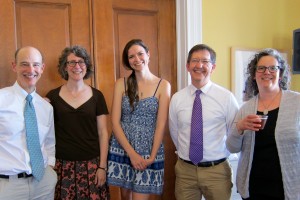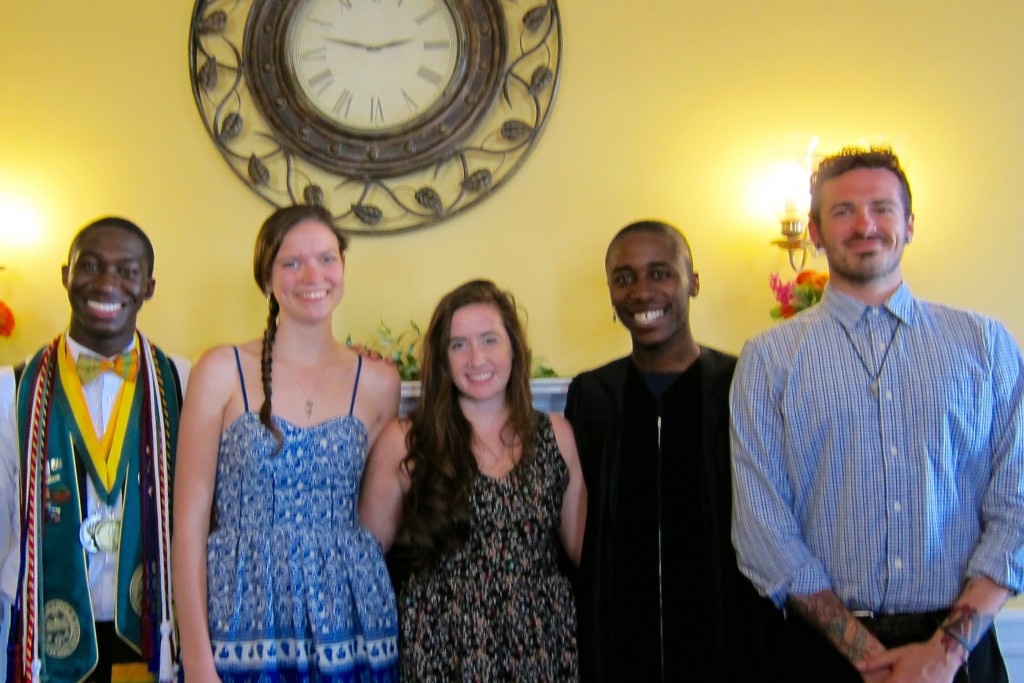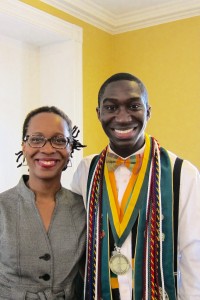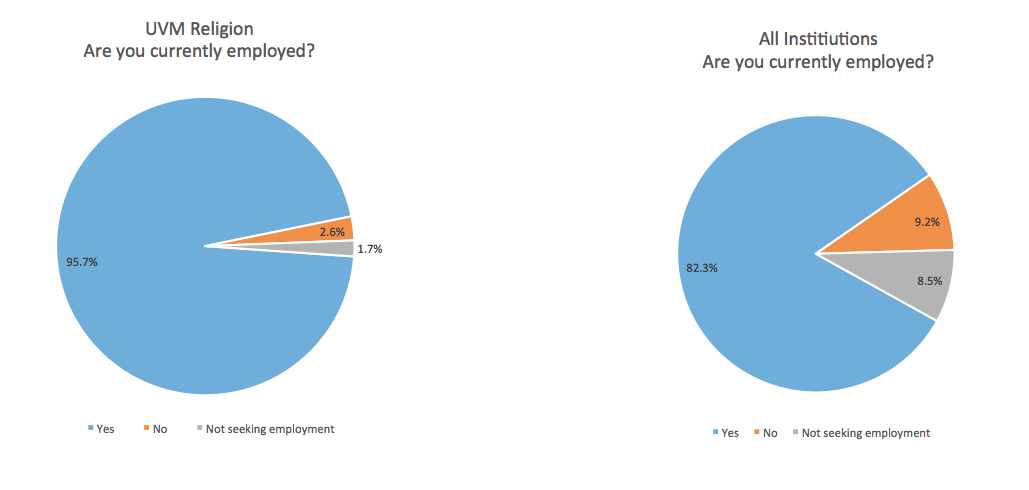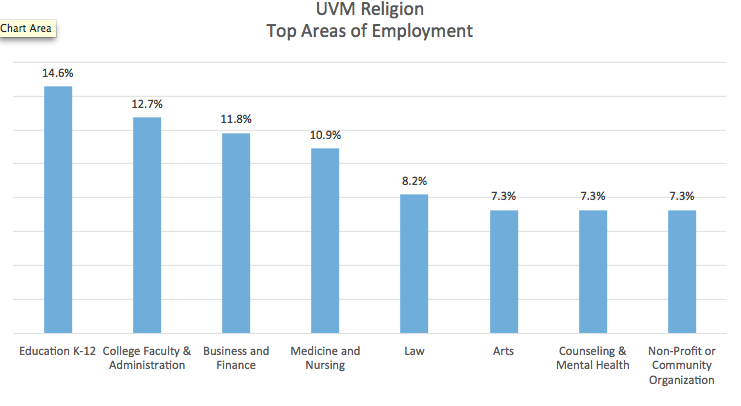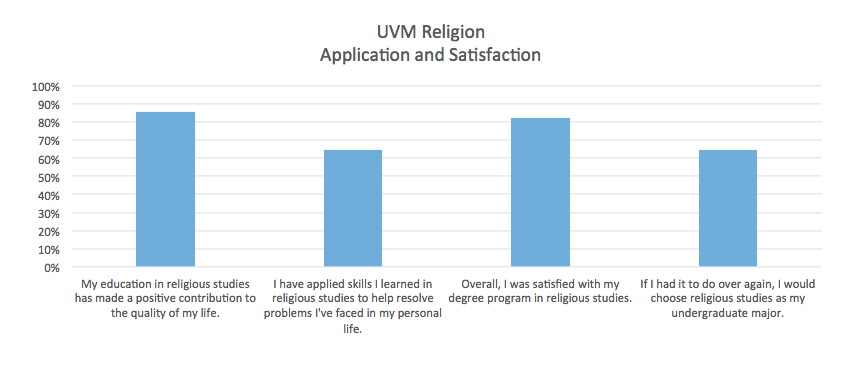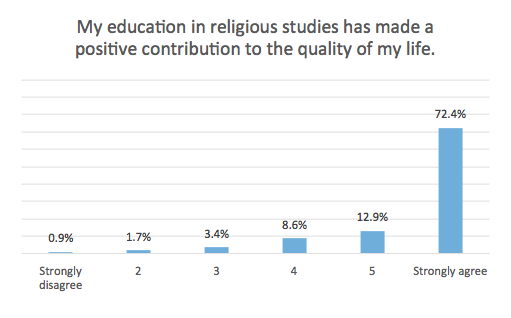With so many recent developments in the fields of quantum physics, medicine and neuroscience it’s no surprise that Science is one of the dominating domains of authority in modern American culture. Religion, on the other hand, occupies an increasingly turbulent place in the American cultural landscape and in this day and age we have to wonder how these two domains – Science and Religion – will negotiate an ever more complicated interaction.
Historically speaking, Buddhism has been involved in the discourse of Science and Religion in a particularly concentrated and easily visible manner. In the past twenty years a large volume of scholarship has been written on the historical interaction between Buddhism and Science, including works such as:
Waking, Dreaming, Being: Self and Consciousness in Neuroscience, Meditation, and Philosophy (2015) by Evan Thompson, Buddhism & Science a Guide for the Perplexed (2008) by Donald Lopez, The Mind’s Own Physician: A Scientific Dialogue with the Dalai Lama on the Healing Power of Meditation (2012) by Richard Davidson, as well as numerous peer-reviewed articles. There is no denying a certain American fascination with Buddhism and how it relates to Science (Lopez, 208). A fascination so enchanting, that I chose to spend my last semester at UVM engaging in a guided research project on the topic with UVM Chair of Religion Kevin Trainor.
Naturally, it follows that it is appropriate, if not enlightening, to put Buddhist meditators in fMRI machines and see what we can learn. Quite frankly, this is one of the coolest things going on within the discourse of Science and Religion, but like any cool idea, there are problems beneath the surface that excessive enthusiasm can overlook.

“Contemplative Neuroscience,” also referred to as “Neurophenomenology,” is an exciting new field posited by many researchers that looks to reimagine the ways in which religious and scientific approaches can be used to inspect cognitive phenomena. In the article “Neurophenomenology” (2000), Frederic Peters aims to “[introduce] a new methodological approach to the analysis of religious phenomena” (Peters, 379). Peters frames this methodological revision as a relatively necessary step for the proper progression of the analysis of religious phenomena. Why? According to Peters, much of this pressure to update approaches to analyzing religious phenomena comes from modern advancements within fields of Science, particularly that of neuroscience.
It’s notoriously difficult to say, or even argue about what religion is. Definitions have been thrown into the ring that is academic religious discourse for hundreds of years, and Peters highlights the difficulty in arriving at a consensus through academic writing and debates. Perhaps in this modern day and age our scientific meandering has guided us through an approach that will enhance our understandings of religion. Although other scholars are more reluctant to assent to the kind of conclusions that Peters arrives at, Peters has no problem thinking of “religious data” as a “[property] of consciousness” (Peters, 381). From this starting point, coupled with a specific take on consciousness and brain activity informed by modern neuroscience, Peters also makes the assertion that “[recent] technical advances in brain imaging together with increased sophistication of experiments have now made it, at the very least, increasingly difficult to resist the conclusion that brain activity and mental activity are one and the same” (Peters, 389). Even without drawing the same conclusion as Peters it is clear that modern technological developments in Science are relevant to our discussions of religion and religious phenomena.
The basis of this claim pivots on a certain understanding of consciousness and the brain, somewhat reminiscent of a dichotomy between the physical and immaterial. Martin Verhoeven discusses this apparent gap in his article “Buddhism and Science: Probing the Boundaries of Faith and Reason” (2001). By conceding that the mind and neurological brain activity are the same thing, the argument – which claims that approaches to religious phenomena can be enhanced by a coupling with scientific experiments – loses some ground. Verhoeven writes of “the unfortunate disjunction of matter and spirit that afflicts the modern age. It can assume many forms: a split between matter and spirit, a divorce between faith and reason, a dichotomy between facts and values. At a more personal level, it manifests as a mind-body dualism” (Verhoeven, 80). Juxtaposing a radically materialist scientific approach to a culturally informed approach to religion that resists being reduced to any all-encompassing explanation of religious phenomena characterizes much of this debate. Peters writes, “Neither the radically dualist nor the radically materialist stream of philosophy has made much headway in accounting for both the obvious physiological hardware and sheer fact of phenomenal awareness” (Peters, 384-385). It appears as though there is something within this debate that demands priority over other considerations. With all of the recent developments in modern neuroscience, it seems silly to ignore the fact that there seems to be some link between consciousness and brain activity. It seems even more foolish to pretend that we can talk about religion without it.
 Evan Thompson’s book Waking, Dreaming, Being (2015) provides an excellent overview of the interaction between Science and Buddhism and takes an interestingly philosophical approach to the question, which helps us understand the arguments on both sides. Instead of hastily assuming that adding modern scientific empiricism to religious analysis will enhance our understandings of religion, it may be worth considering how religious understandings of the mind can inform and enhance scientific knowledge. In this way Thompson challenges Peters’ assertion that neuroscience can be superimposed on religious data as some kind of enhancement; instead, their mingling can be seen as a collaboration, which is mutually beneficial for both fields. There is a “gap” present in our understanding of the brain and the mind, which Thompson characterizes as an open-ended problem. Thompson writes, “The gap consists in our not understanding how something subjective or experiential could possibly arise from something that fundamentally lacks subjective or experiential properties” (Thompson, 81). For Thompson both Religion, and more surprisingly, Science, have an interpretive dimension that Science somewhat avoids admitting in claims to objective truth and an authentic access to reality.
Evan Thompson’s book Waking, Dreaming, Being (2015) provides an excellent overview of the interaction between Science and Buddhism and takes an interestingly philosophical approach to the question, which helps us understand the arguments on both sides. Instead of hastily assuming that adding modern scientific empiricism to religious analysis will enhance our understandings of religion, it may be worth considering how religious understandings of the mind can inform and enhance scientific knowledge. In this way Thompson challenges Peters’ assertion that neuroscience can be superimposed on religious data as some kind of enhancement; instead, their mingling can be seen as a collaboration, which is mutually beneficial for both fields. There is a “gap” present in our understanding of the brain and the mind, which Thompson characterizes as an open-ended problem. Thompson writes, “The gap consists in our not understanding how something subjective or experiential could possibly arise from something that fundamentally lacks subjective or experiential properties” (Thompson, 81). For Thompson both Religion, and more surprisingly, Science, have an interpretive dimension that Science somewhat avoids admitting in claims to objective truth and an authentic access to reality.
Regardless of which view is taken there are still potential casualties and inadvertent oversights latent in the commingling of these historically culturally antagonistic fields. Francisca Cho, although focusing on the role of karma in understanding research relating to Buddhists, highlights an important aspect of what can be lost in a premature intercourse between Science and Buddhism. While a neuroscientist may be quick to dismiss karma as an unnecessary cultural “ball-and-chain” in understanding what meditation does to the brain (or mind if they are not assumed to be the same thing), Cho urges us to reconsider how entire epistemological systems influence how we perceive data, including that of Science. Cho writes, “[The] challenge of karma is not its supernaturalism but its substantial sophistication about what is real, which is far more nuanced than contemporary distinctions between the ‘wishful thinking’ and ‘fantasy’ associated with religion, on the one hand, and the ‘objective truth’ attributed to science, on the other” (Cho, 117). Adding an empirical element to the study of religious phenomena is all fine and well, but what if scientific understandings of physicality and religious understandings of physicality aren’t the same? Even sticking to a phenomenological lens which only looks what appears to be undeniably in front us doesn’t mean that we agree on what is real, what is physical, what is undeniable or what is in front of us.
Thus the debate rages on, as the logistics become more and more tangible, and the concepts more and more ethereal. If the discourses of Religion and Science seem like their intersection doesn’t allow them to say anything nice about each other, maybe they shouldn’t say anything at all. On the other hand, theoretical disagreements about what “physical” really means or if brain activity and consciousness are the same thing seem serious enough to keep debating. The cultural relevance of this topic appears as though it will only increase. As Richard Davidson writes, “[The] Mind and Life Dialogues [become] an ongoing mutual exploration of some of the most profound questions facing humanity in terms of science, ethics, and morality, such as the nature of mind, the nature of the universe and our place in it, the nature of reality, and the potential for the healing and transformation of afflictive emotions into more positive mental states, leading to greater health, harmony, happiness, and possibly both inner and outer peace” (Davidson & Kabat-Zinn, 4). For now Buddhism seems to be at the forefront of this interaction, and with all this at stake it doesn’t seem like it would hurt to keep putting as many monks as we can fit in fMRI machines as possible.
Works Cited
Cho, Francisca. “Buddhism, Science, and the Truth About Karma.” Religion Compass 8, no. 4 (2014): 117-27.
Kabat-Zinn, Jon, and Richard Davidson, eds. The Mind’s Own Physician: A Scientific Dialogue with the Dalai Lama on the Healing Power of Meditation. Oakland, CA, California: New Harbinger Publications, 2012.
Lopez, Donald S. Buddhism & Science a Guide for the Perplexed. Chicago, Illinois: University of Chicago Press, 2008.
Peters, Frederic H. “Neurophenomenology.” Method & Theory in the Study of Religion 12, no. 3 (2000): 379-415.
Thompson, Evan. Waking, Dreaming, Being: Self and Consciousness in Neuroscience, Meditation, and Philosophy. New York, New York: Columbia University Press, 2015.
Verhoeven, Martin. “Buddhism and Science: Probing the Boundaries of Faith and Reason.” Religion East & West 1 (2001): 77-97.
Images
https://pennmindsthegap.wordpress.com/2013/05/07/when-meditation-met-mri/
http://www.npr.org/books/titles/373965266/waking-dreaming-being-self-and-consciousness-in-neuroscience-meditation-and-phil
Shakir Stephen ’15 is currently a writing tutor at UVM’s Writing Center specializing in writing for religion and philosophy and writing research papers. Shakir also works at Mansfield Hall as an Academic Coach and is hoping to go to graduate school next year to study Religion or English.
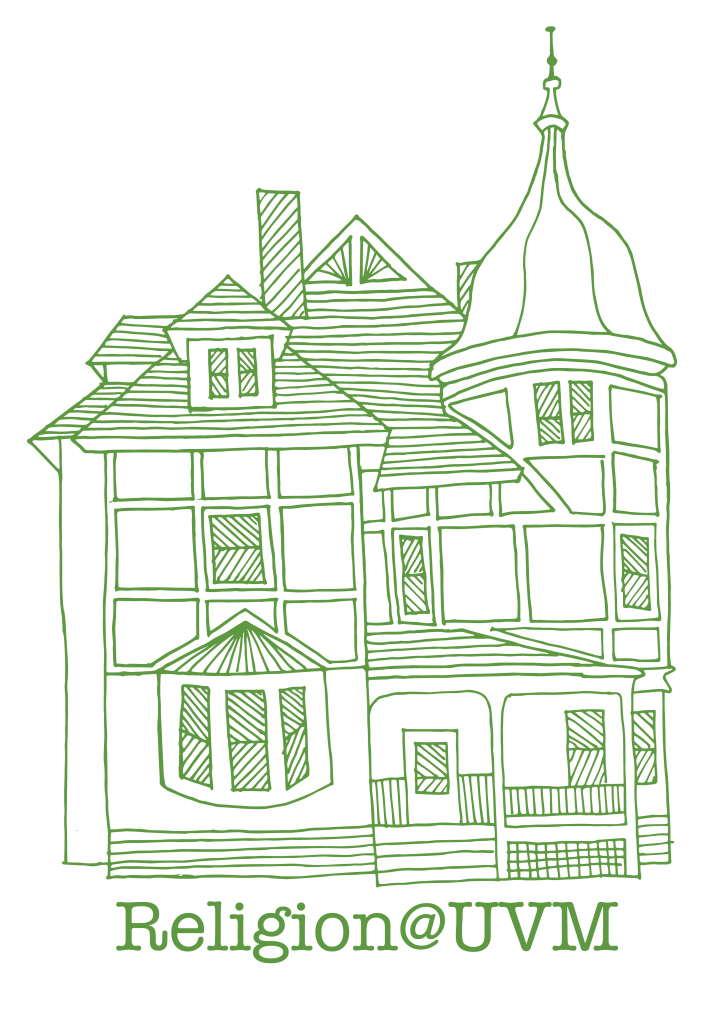 Any fond memories of 481 Main Street you want to share?
Any fond memories of 481 Main Street you want to share?
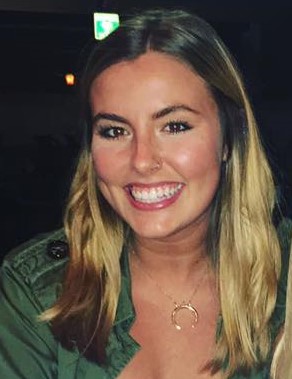

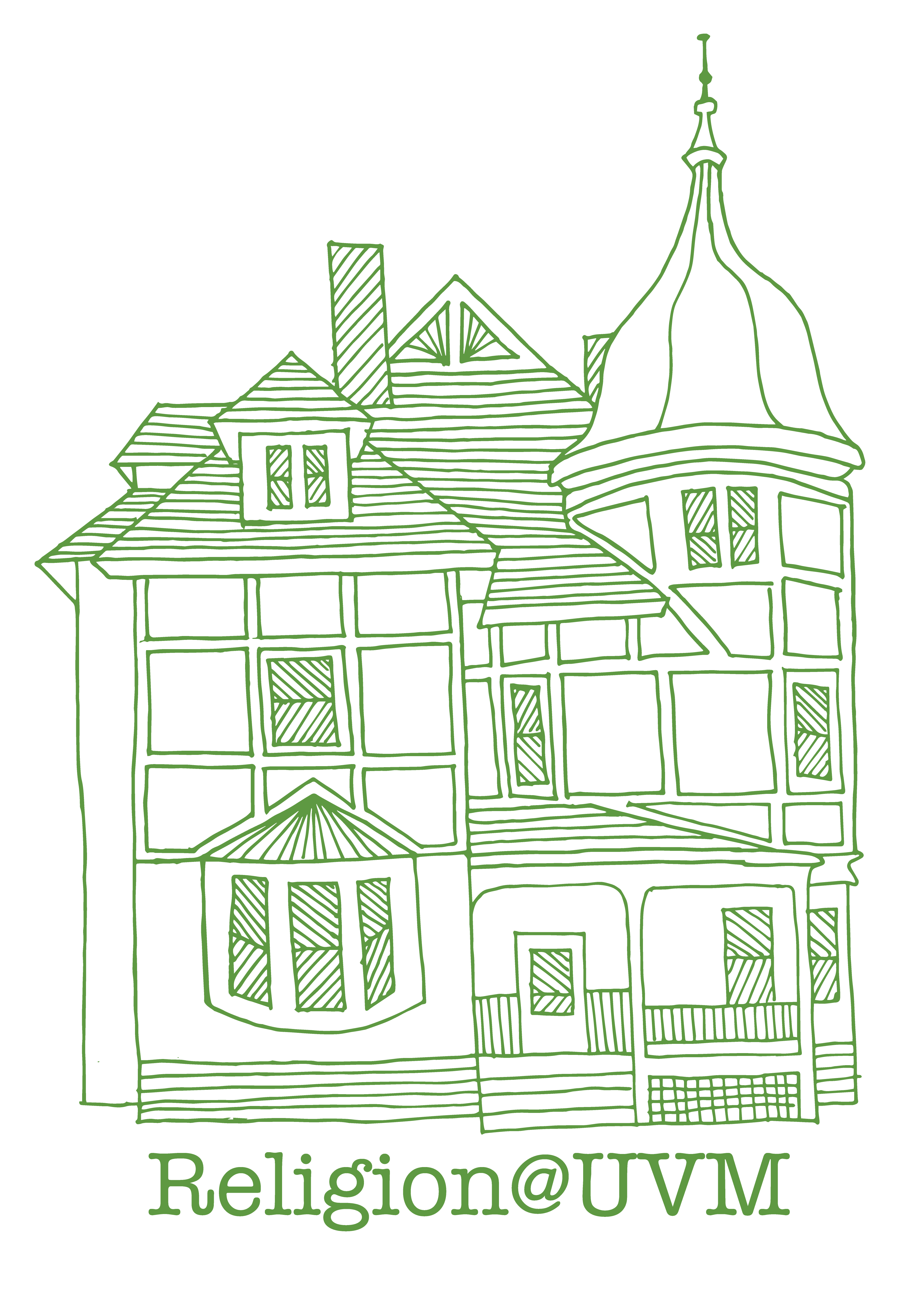
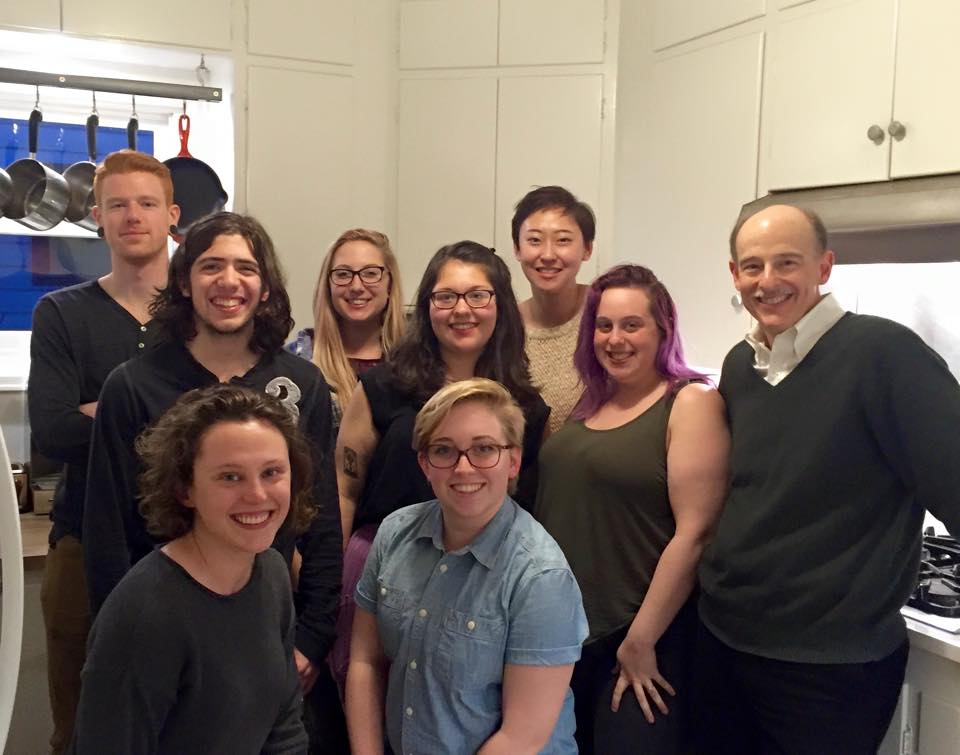
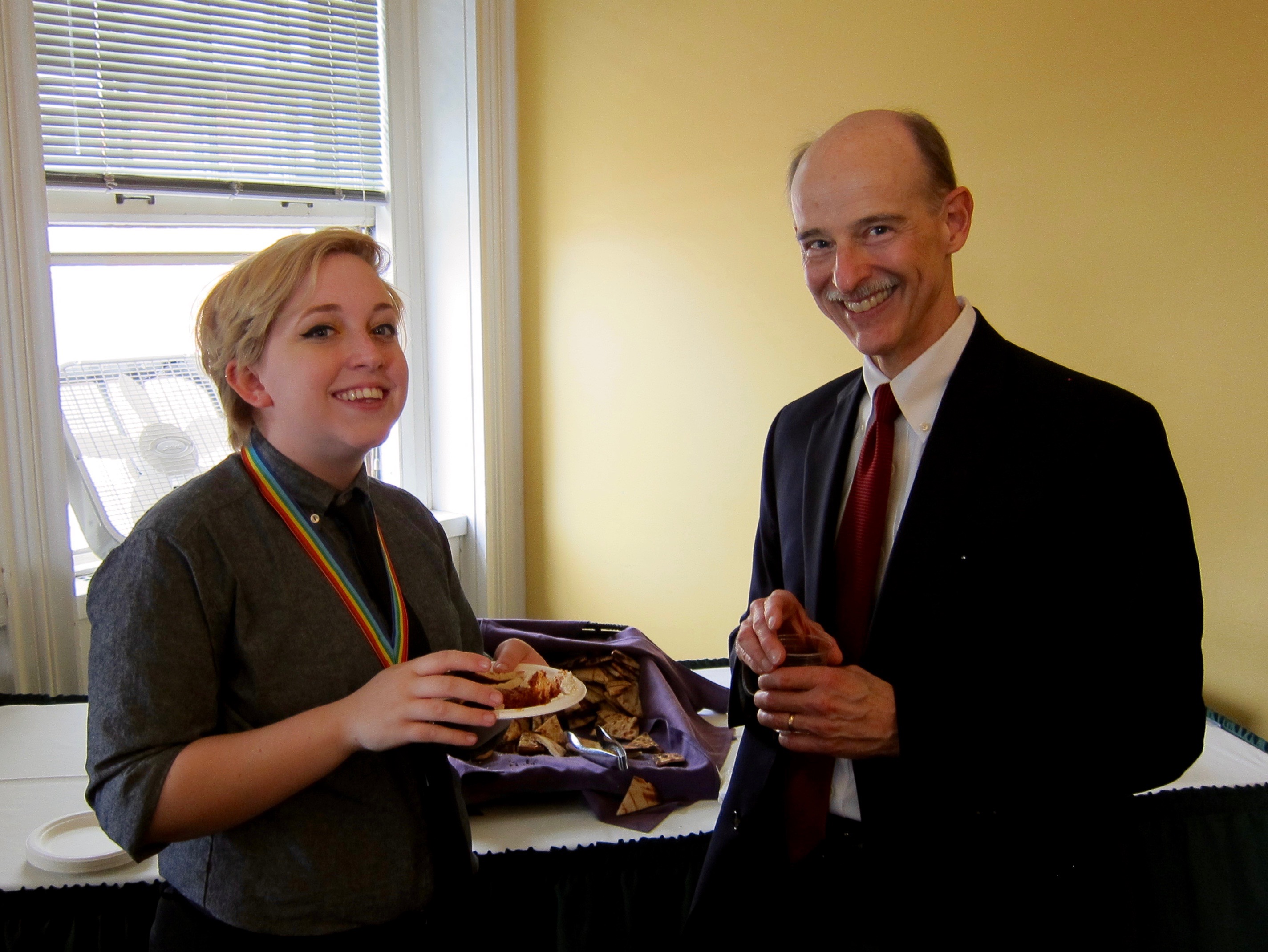
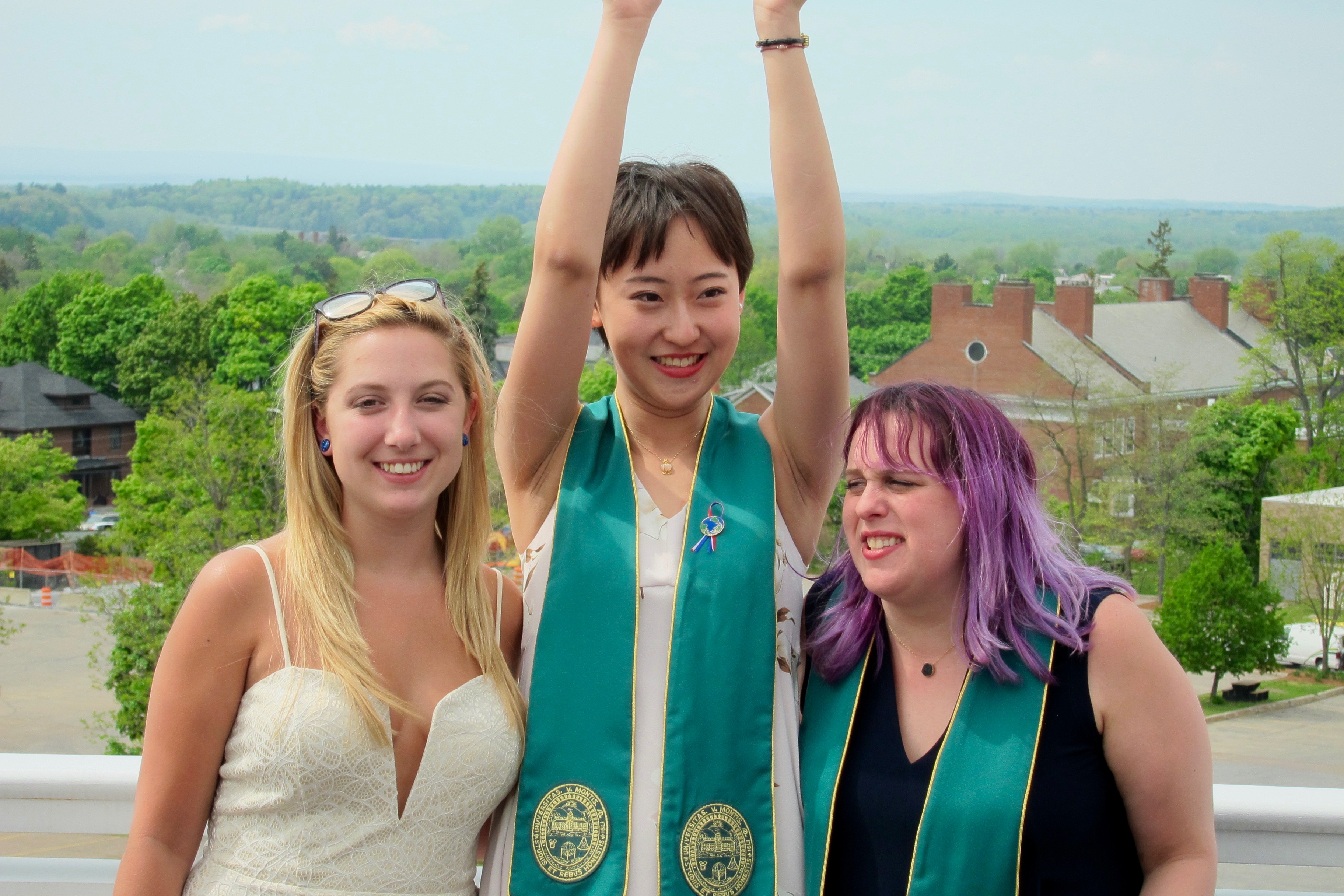
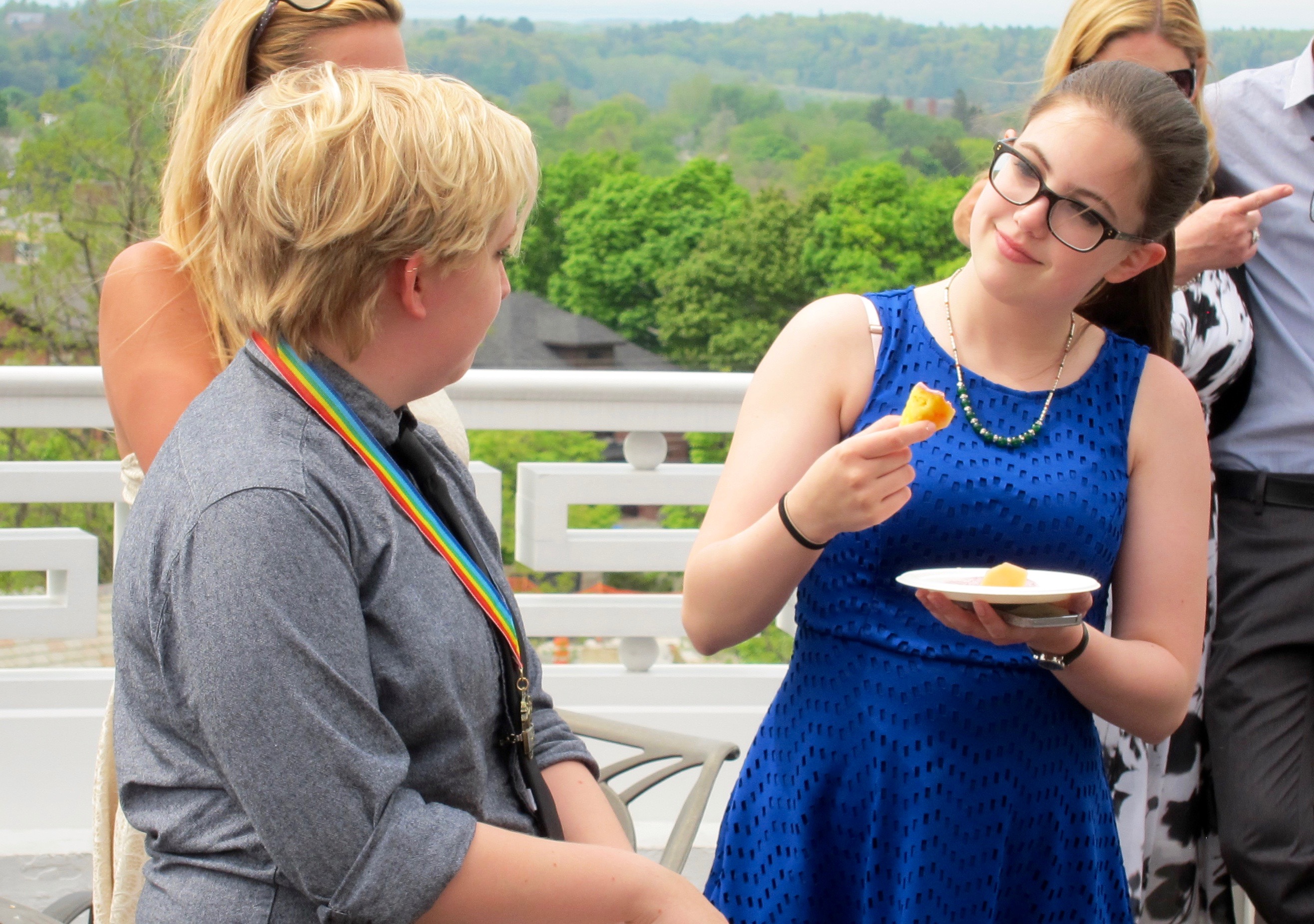

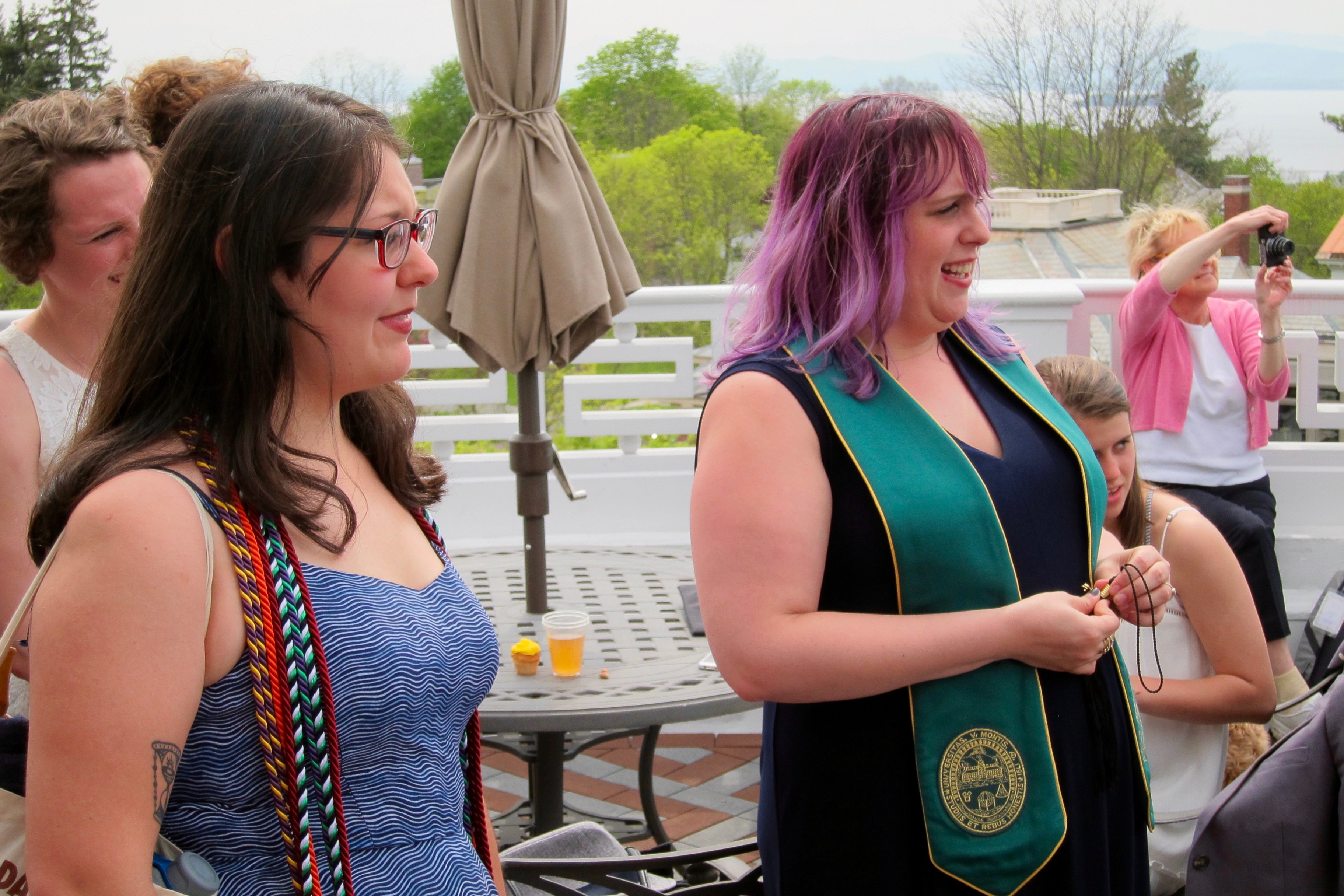
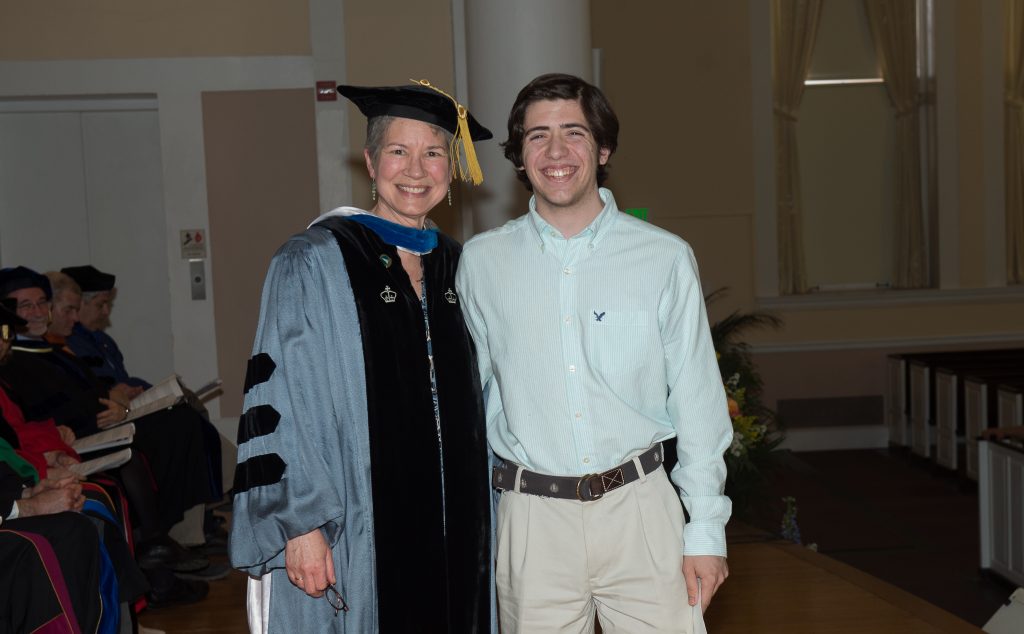
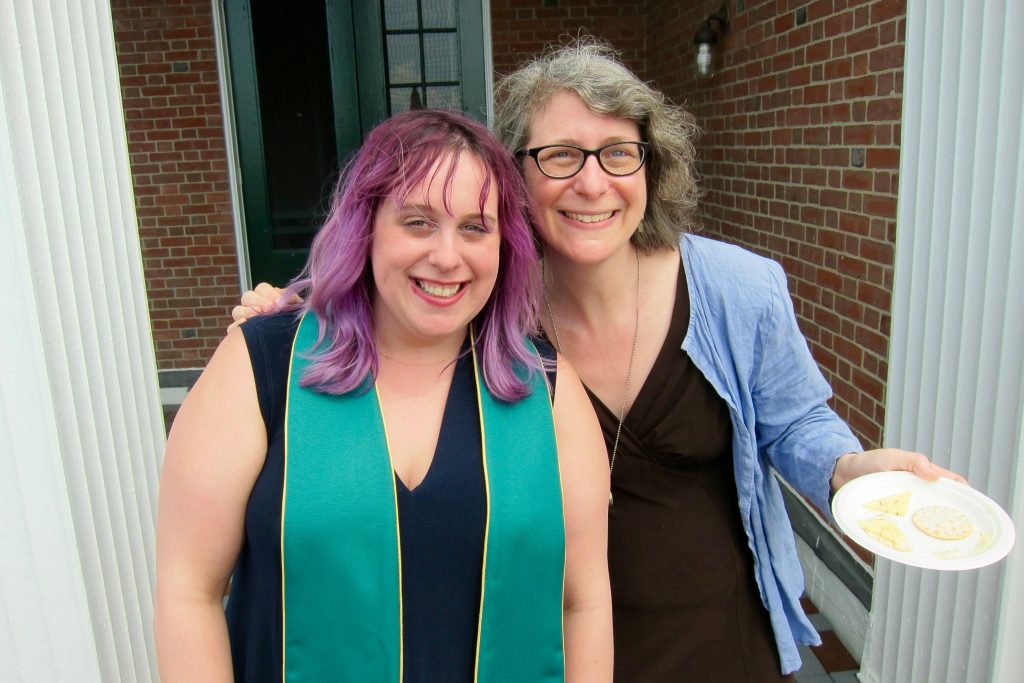
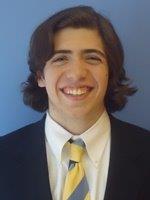

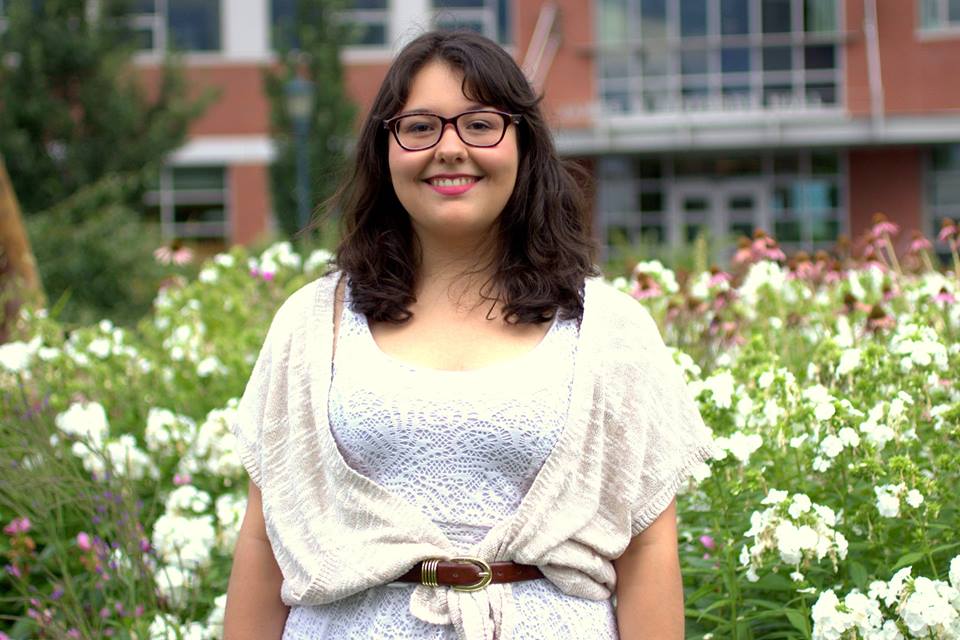



 Evan Thompson’s
Evan Thompson’s